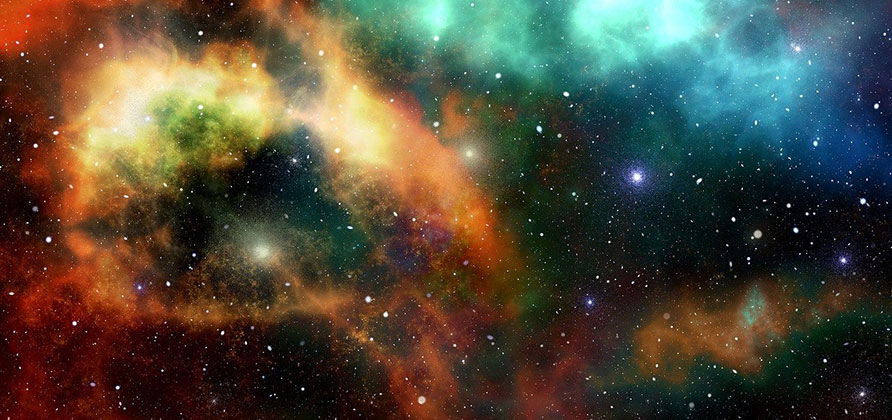Space or outer space is the vast area between the Earth’s atmosphere and the planets and stars. People have been studying space for years, and it is believed that this field of science – Astronomy – is one of the oldest sciences.
In 1997, Lockheed Martin Corporation created “National Space Day” as a one-day event. In 2001, due to its popularity, former astronaut John Glenn expanded it to International Space Day.
Space Day dedicates the first Friday in May to the extraordinary achievements, benefits, and opportunities in the exploration and use of space. To mark the day, all our students from KG to Year 7 completed a fantastic design challenge to make our journey into space extra special!
EYFS, Year 1 and 2
Students in these year groups were in charge of the new planets we would discover and visit during our exploration into space! Children have drawn their new planet showing its colour and size. They have told us who lives there, what the weather is like and the materials we can find. Of course each planet has its own name!
Year 3 and 4
We need a rocket to travel from school to each planet. Children in Year 3 and 4 have designed lots of suitable space ships for our adventure. We have seen many labelled drawings of their rockets; describing the outside features and including important areas such as where we can sleep and where we can store food. Students could only bring one item from home onboard. It was a tough decision for many but lots of children decided to bring a family member along! Some students took this a step further and made a mini prototype of their design.
Year 5, 6 and 7
We know where we are visiting and how we will get there, but we also want to explore outside our rocket. Therefore we need a spacesuit! Our students in Years 5, 6 and 7 have made sure they have included lots of special gadgets on our suits. Designs have included devices for communicating with each other and with those on Earth as well as compartments for food and drink. Materials for the suits have been considered, too, so we can survive the huge range of temperatures outside our rockets.
A huge thank you to all students who submitted work. We hope you enjoyed the space journey!

